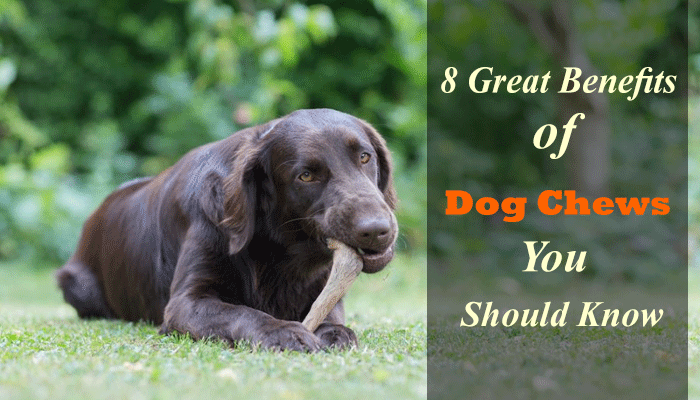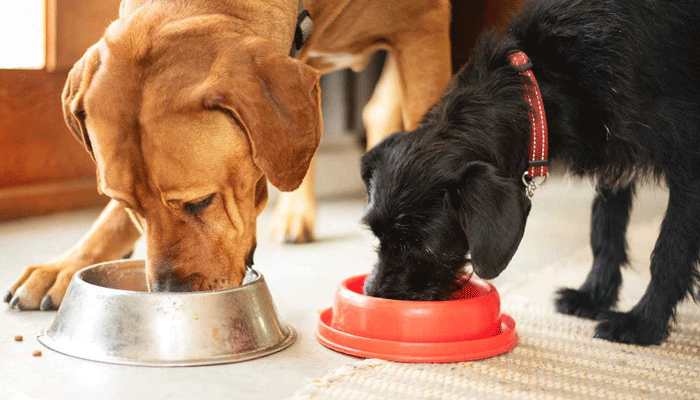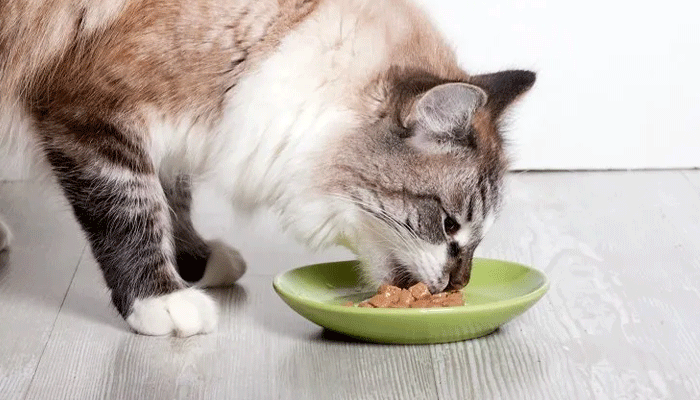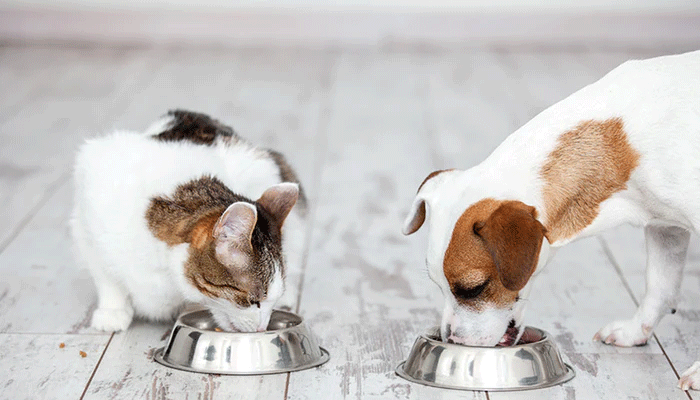
Dog chews can have a variety of benefits for your dog. Many chews are natural, containing bones and antlers that help support your dog’s joints. However, your dog might get bored with a particular chew. Therefore, it’s essential to offer variety. Natural chews come in a variety of shapes, textures, and nutritional values, so rotating between several types of chews can provide your dog with the full spectrum of chewing benefits.
Natural Dog Chews
A natural dog chew can help your dog’s dental health. There are many types of dog chews available on the market. But which ones are safe for your dog? Read on to find out! Bones are a popular choice among dog chewers, but you should remember that they contain high amounts of calcium. Luckily, some bones are safe for dogs if they’re made of cartilaginous materials. Beef ribs are also a great choice because they have a lot of beef flavor and don’t contain any meaty bits. However, your dog might not find this as appealing as a lamb’s kneecap, for instance.
Whether your dog is a seasoned chewer or a complete beginner, natural chews can help your dog reduce anxiety and boredom. Natural chews can even help your dog with separation anxiety – an issue that can cause destructive behavior in many dogs. They can be a great way to keep your pet occupied while you’re out of the house for a few hours.
– Natural chews provide a variety of textures and shapes. These chews are a great option for large dogs and other aggressive chewers. While some chew toys pose a choking hazard, 100% natural chews are tough enough to keep your dog busy for a long time.
– These chews are also good for your dog’s dental health. They can help your dog fight plaque, tartar, and gum disease. Natural chews can also help your dog stay clean. Dogs can chew on them for up to 15 minutes. Plus, they’re low in fat, sugar, and cholesterol. They’re also hypoallergenic and vegetarian.
– Natural chews can help your pet lose weight. However, some chews can have too many calories. This means that you might need to substitute them with calorie-free chew toys until your dog’s weight has reached a healthy level. Moreover, your dog might need to switch to a different chew if it’s teething. This is a great opportunity for your pet to learn how to chew safely!
– Natural chews are better for your dog’s dental health than processed ones. While all chews are potentially dangerous, natural ones are safer to use. The risks of chews include tooth damage, digestive upset, and choking. That’s why you should supervise your dog’s chewing sessions. It is also important to provide clean, fresh water for your dog at all times. If you aren’t around to supervise, your dog might swallow a large piece of chew, which could lead to serious consequences. In addition, some chews may cause oral injuries, leading to broken teeth.
Joint Support
Dog chews for joint support are a great way to improve your dog’s mobility. These chews contain glucosamine and chondroitin, which cushion the joints and support greater flexibility. Chondroitin also supports healthy cartilage, which is important for shock absorption. Turmeric, a popular antioxidant, is another important ingredient in these chews. Both of these ingredients are good for the joints and taste great.
Some chews are specifically designed to support the health of joints, such as the PointPet Natural Care Hip & Joint Soft Chews. They’re made in the USA with wholesome ingredients that are known to help dogs with various joint conditions. These chews are best for active dogs and those who work hard. They contain yucca, turmeric, and other ingredients that are known to support joint function. They also contain omega-3 fatty acids, which promote healthy joint fluid viscosity.
Many products for joint support contain natural ingredients, such as green-lipped mussel extract. The extract contains omega-3 fatty acids, as well as vitamins and minerals. Turmeric is also an effective anti-inflammatory and can help arthritic dogs feel more comfortable.
Many of these supplements are safe for dogs of all ages and breeds. However, some breeds are more likely to develop joint problems than others. In those cases, it is important to begin a joint supplementation routine at an early age. For example, it’s best to start the routine at around one year old. This is the best time to start because the benefits will accrue over a long time.
If you are a pet owner, you should consider using PETstock Promotions to save money on pet treats, food, and other pet care products. Their members can enjoy free standard shipping on orders over $49. To use this offer, you must first sign up for a membership. It is valid on orders shipped within the contiguous 48 U.S. states and some areas in Canada. You cannot use this offer in conjunction with any other promotion.
Dog chews for joint support are a convenient way to offer your dog a healthy lifestyle. These chews have a triple-action formula to lubricate the joints and support joint cartilage. These supplements are made in the USA and contain key ingredients for joint health. Your dog will be happy and active with these products.
Many veterinarians recommend giving your dog a daily dose of glucosamine. This supplement is effective for both osteoarthritis and joint pain in dogs. However, it’s important to consult with a veterinarian before beginning a joint supplement program. They can also help determine if your dog may be suffering from a more serious underlying condition.
Bones
Raw bones are a great source of minerals and a great workout for your dog’s jaws. Bones of large sizes are also packed with nutritious marrow. Although these chews are great for your dog’s dental health, they can be dangerous for your pet, as they can splinter and pierce the gums. They can also cause blockages and other problems with digestion. Therefore, it is important to avoid bones that have been cooked because they could splinter and enter the digestive tract of your pet.
Natural bones are safer than synthetic ones because they’re made of pliable materials and break into chewy pieces when gnawed. If a bone does not give when you press it with your thumb, it might be too hard. A good rule to remember when buying dog chews is to choose bones made from natural materials, as synthetic bones may contain additives and can cause tooth fractures.
Natural chews are also a great way to provide your dog with nutrients. Many natural chews are high in protein and low in fat. These can supplement your pet’s diet, especially for senior pets and puppies. Natural bones are also a good source of calcium and phosphorus.
Natural chews are also healthier and more fun for your dog. They come in many different flavors and textures, and the different types of chews are beneficial to your dog’s oral health. Try rotating different types of chews to keep your dog interested in chewing. You can also rotate between hard and soft chews. The soft ones will clean between the teeth and the harder ones will help remove stuck-on bacteria buildup.
Rawhide chews can be hard and can block the digestive tract. It is important to monitor your dog’s chewing habits to avoid choking and intestine blockage. Another natural chew is horns, which are hard and have low splintering risks. They also do not have the same risk of damaging teeth as bones.
Dogs love to chew, and chewing helps them relieve pain and keep their mouths clean. It also helps older dogs keep their jaws and teeth strong. Additionally, chewing is an excellent stress reliever and reduces anxiety.
Pets Discount Codes offers great discounts on pet supplies, which is an excellent way to save money. This website offers a wide variety of pet products, including nutritional treats and tasty snacks. With discounts ranging from 55% to 60% off, this website is a great place to find pet supplies.
Antlers
Antlers are a popular chew for dogs, but there is a lot of controversy about whether these antlers are safe to chew on. While they are delicious to dogs, the hard substance can damage teeth and cause internal blockages or punctures. Although this type of chewing is not well studied, many well-respected vet sites say that chewing on hard objects can cause tooth fractures and blockages.
Another risk is that antlers may lead to choking. Small pieces of antler can block the esophagus, causing true choking. While not life-threatening, this situation can be very painful and expensive. Therefore, owners should supervise their dogs’ chewing habits.
Despite their popularity, antlers are not a safe chew for puppies. They can get stuck in the esophagus and prevent food from reaching the stomach. They can also damage the walls of the esophagus, creating a hole that allows the contents of the esophagus to leak into the abdomen.
Another popular dog chew is a stick. Sticks are a natural alternative to deer antlers. While sticks are not as long-lasting as deer antlers, they still contain plenty of calories. These chews should be disposed of properly after use. If you are concerned about your dog’s safety, consider letting your dog chew on a stick instead of a deer antler.
Conclusion
A dog chew that contains calcium and phosphorus is a great choice for dogs. These natural products are also odorless, so they won’t make a mess. You should choose the chew based on your dog’s chewing habit. For instance, if your dog is a moderate chewer, then it might be best to opt for puppy dog bones. Otherwise, elk antlers are better for chewing since they contain more delicious marrow.








